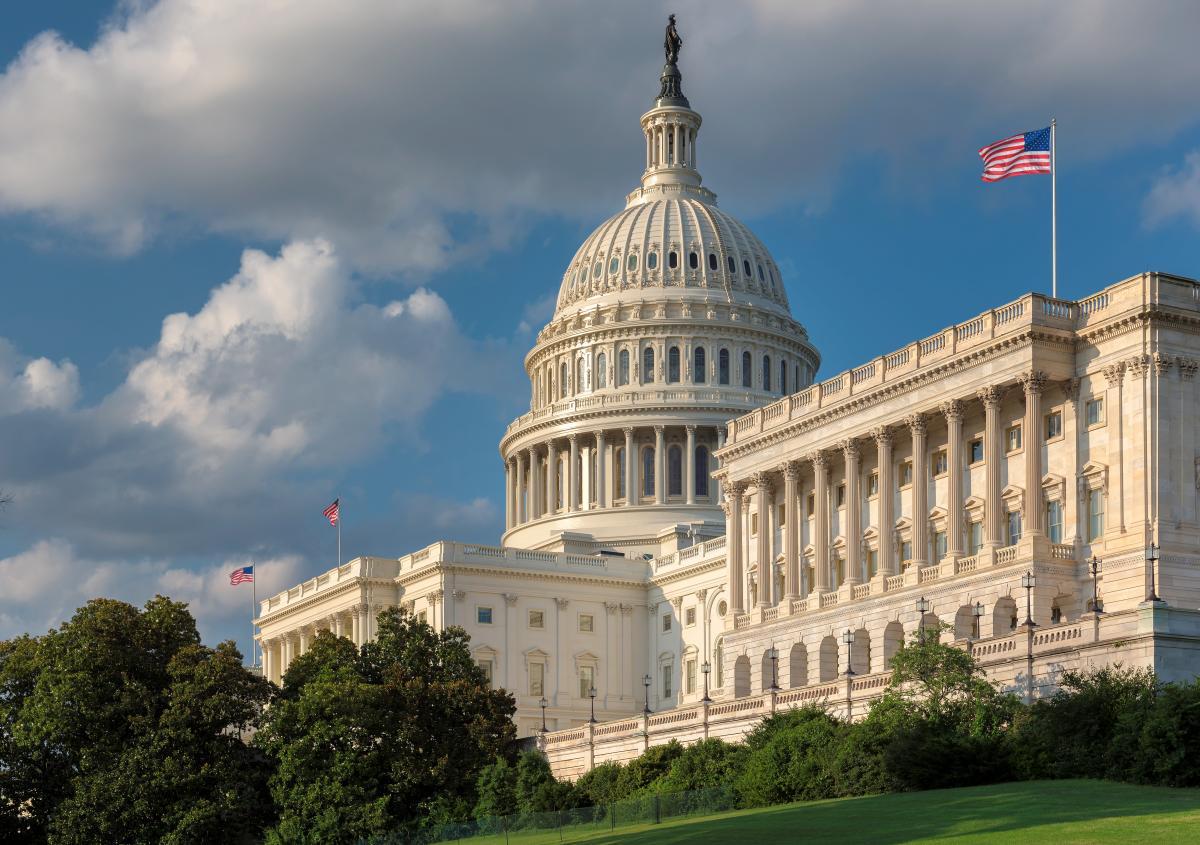 A controversial call by the IRS on deductibility of expenses under the Paycheck Protection Program is drawing fire from both parties and both houses of Congress.
A controversial call by the IRS on deductibility of expenses under the Paycheck Protection Program is drawing fire from both parties and both houses of Congress.
No less than the chairmen of the congressional tax-writing committees have expressed concern with the IRS’ interpretation denying deductions for otherwise deductible expenses under the loan forgiveness of the Paycheck Protection Program—and a bipartisan group of senators have already introduced legislation to reverse the interpretation.
In a May 5 letter to Treasury Secretary Steve Mnuchin, Sen. Charles Grassley (R-IA), Chairman of the Senate Finance Committee; Sen. Ron Wyden (D-OR), the ranking Democrat on the Senate Finance Committee; and Rep. Richard Neal (D-MA), Chairman of the House Ways and Means Committee, argued that the position taken by Treasury and the IRS in Notice 2020-32 is contrary to congressional intent.
“We believe the position taken in the Notice ignores the overarching intent of the PPP, as well as the specific intent of Congress to allow deductions in the case of PPP loan recipients,” the tax-writing committee leaders say.
Notice 2020-32, released April 30, advised that the IRS will not allow a tax deduction for an expense that is otherwise deductible under Internal Revenue Code Sections 162 and 163 if the payment of the expense results in forgiveness of a covered loan under the PPP. The IRS notice points to Code Section 265 to justify its reasoning for denying deductions for forgivable loans, claiming that the purpose of that section is to prevent a double tax benefit.
The congressional leaders contend that the PPP was intended to provide a lifeline to allow small businesses to pay rent and keep employees on payroll, as well as to enable them to resume regular operations when it is safe to do so. It points to Section 1106(i) of the CARES Act providing that a PPP loan recipient will not recognize taxable income if the loan is forgiven, in effect making the loan a tax-free grant.
“Had we intended to provide neutral tax treatment for loan forgiveness, Section 1106(i) would not have been necessary,” the tax-writing committee chairmen note. The lawmakers further point out that this position was expressed to Treasury during the development of the PPP.
“This interpretation means that whatever income a small business is able to produce will be taxed on a gross basis to the extent of the loan forgiveness, leaving substantially less after-tax capital for the swift economic recovery we hope is on the horizon,” they further emphasize.
Legislative Fix
On May 6, Chairman Grassley, along with Sens. John Cornyn (R-TX), Ron Wyden, Marco Rubio (R-FL) and Tom Carper (D-DE) introduced the Small Business Expense Protection Act to clarify that expenses paid with forgiven PPP loans remain tax-deductible. Rep. Lizzie Fletcher (D-TX) announced that she plans to soon introduce similar legislation in the House of Representatives addressing this issue.
“When we developed and passed the Paycheck Protection Program, our intent was clearly to make sure small businesses had the liquidity and the help they needed to get through these difficult times,” Grassley said in a statement. “Unfortunately, Treasury and the IRS interpreted the law in a way that’s preventing businesses from deducting expenses associated with PPP loans. That’s just the opposite of what we intended and should be fixed. This bill will do just that.”
Citing the Small Business Administration, Grassley notes that more than two million loans in excess of $175 billion have been made to small businesses since round 2 of PPP loan processing began on April 27, surpassing the number of all loans made in the first round. The average loan size in round 2 was estimated at $79,000, and almost 500,000 of the loans were made by lenders with less than $1 billion in assets and non-banks.
This clarifying legislation and the letter to Treasury comes as House and Senate leaders contemplate another record-breaking stimulus bill to address the health and economic fallout from the COVID-19 pandemic. Those discussions are still preliminary, however, with members jockeying for additional relief for state and local governments, additional tax breaks and liability protection for businesses.

